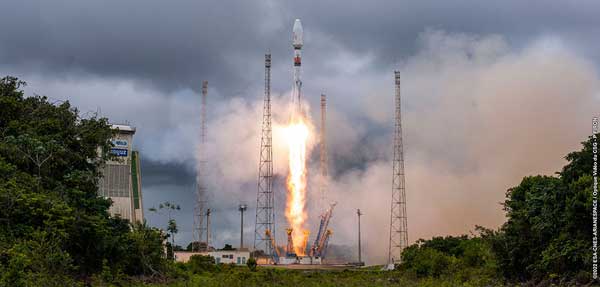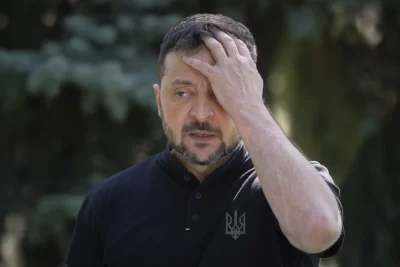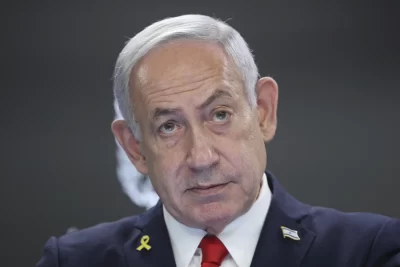
South Korea has concluded that Russian support likely enabled North Korea to put a spy satellite into orbit for the first time this week, and it should be clear in several days whether it is functioning properly, officials said Thursday.
The launch has deepened regional animosities, with both Koreas threatening to breach a past reconciliation deal and take hostile actions along their heavily armed border.
After two launch failures earlier this year, North Korea said it successfully placed its “Malligyong-1” satellite into orbit on Tuesday night. South Korea’s military has confirmed that the satellite entered orbit, but said it needs several more days to verify whether it is working properly.
The National Intelligence Service cited Russian President Vladimir Putin’s earlier mention of a promise to support North Korea’s satellite program. It said it also obtained intelligence that North Korea had sent Russia the design and other data for its new “Chollima-1” rocket used in the two previous failed launches. The intelligence showed that Russia returned its analysis of the North Korean data, according to lawmaker Yoo Sang-bum, who attended the NIS briefing.
The same satellite and rocket were used in all three launches. The two earlier attempts in May and August failed due to technical problems with the rocket.
There has been speculation that Russia is providing technological support for North Korea’s satellite and other programs since leader Kim Jong Un traveled to Russia to meet Putin and visit key technology and military sites in September. The Kim-Putin summit was held at Russia’s main space launch center.
Asked whether Russia would help North Korea build and launch satellites, Putin told Russian state media at the time that “that’s why we have come here.” “The (North Korean) leader shows keen interest in rocket technology. They’re trying to develop space, too,” Putin said.
The U.S., South Korea and Japan accuse North Korea of seeking to obtain high-tech Russian military technologies in return for supplying conventional arms for Russia’s war in Ukraine. Both Russia and North Korea have denied the alleged deal.
North Korea said its Malligyong-1 satellite will begin its official mission on Dec. 1. But it said the satellite has already transmitted images of military facilities in the U.S. territory of Guam and that Kim saw them. North Korea hasn’t released the images.
Many foreign experts are skeptical about the satellite’s ability to take high-resolution images and whether it is militarily meaningful. After recovering debris from the first failed launch attempt, South Korea’s military said the satellite wasn’t sophisticated enough to perform military reconnaissance.
Defense Minister Shin said he worries that Russia could help North Korea produce higher-resolution satellite photos.







